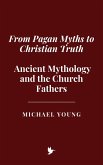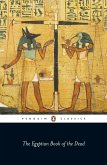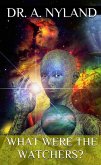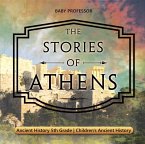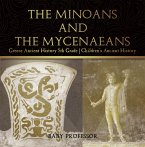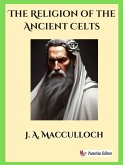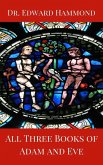The earliest written records that deal with divine wrath can be found in the myths and religious texts of ancient Mesopotamia, where the gods were seen as capricious and often vengeful. In texts like the Epic of Gilgamesh and the Enuma Elish, divine wrath is portrayed not as a response to sin or moral failure but as an expression of the gods' desire to impose their will on the world. The gods in these traditions are often portrayed as beings of immense power who, when enraged, unleash devastating forces upon humanity. In the Epic of Gilgamesh, for instance, the gods send a great flood to punish mankind for its wickedness, a theme that will later resonate in the Hebrew Bible with the story of Noah. This idea of wrath as a cleansing or purifying force appears in multiple religious traditions, suggesting that divine anger is not merely destructive but can also be redemptive, restoring order through punishment.
Dieser Download kann aus rechtlichen Gründen nur mit Rechnungsadresse in A, B, CY, CZ, D, DK, EW, E, FIN, F, GR, H, IRL, I, LT, L, LR, M, NL, PL, P, R, S, SLO, SK ausgeliefert werden.



